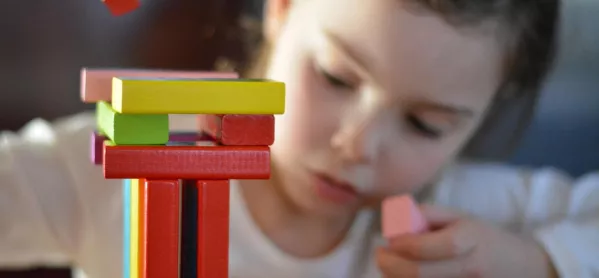An attempt is under way to map the spread of teaching around the world of soft skills such as critical thinking and problem solving.
The 21st-century skills map is a venture by the International Association for the Evaluation of Educational Achievement (IEA), best known for the Timss (Trends in International Mathematics and Science Study) and Pirls (Progress in International Reading Literacy Study) global education rankings.
Opinion: Scotland 'tarnished' by avoiding international surveys
Research: Smaller classes don't equal better results
News: 'Little or no evidence' that phonics improves reading
The IEA says that while many countries are seeking to equip students “with what are often termed 21st-century skills”, it is unclear how these have been incorporated into national curricula or how expectations of students compare internationally.
The map will look at how skills including critical thinking, communication and problem solving are valued in education systems and integrated into the curriculum.
The new venture comes in the wake of the Worldwide Educating for the Future Index (WEFFI), commissioned by the Yidan Prize Foundation, which compares how well national education systems equip pupils with “future-oriented skills”, such as critical thinking, communication, entrepreneurship and creativity.
IEA executive director Dirk Hastedt said: “We all want to ensure that young people are equipped to think critically and creatively, to solve problems, and to be prepared for lifelong learning in a rapidly changing world.
“For many years, we have been talking about these essential soft skills without a precise definition of what these skills are and how they should be taught. 21CS map will help countries meet the challenge of designing education systems that provide young people for life in the modern age.”
Study director Esther Care, a senior fellow at America’s Brookings Institution, said previous research had provided convincing evidence of a global shift towards the incorporation of 21st-century skills in education, but not their impact on curriculum change.
Dr Care said: “By working with IEA, using their approach of having participating countries really embedded in designing the study framework and survey, we will produce the first multiple-country dataset to give a common definition of 21st-century skills, with the connections between them and core subjects, as well as demonstrating how these are represented within the subjects.”
The map will analyse how 21st-century skills are represented across selected subjects at grades 4 and 8 in national curricula.
National research coordinators are expected to hold their first meeting in July 2020.




